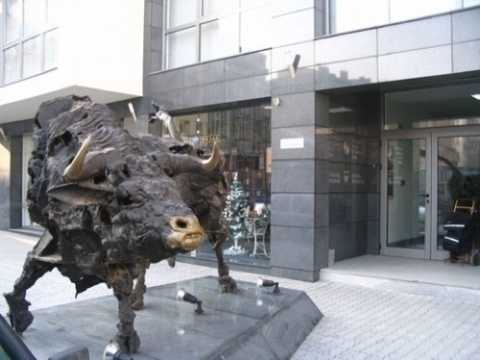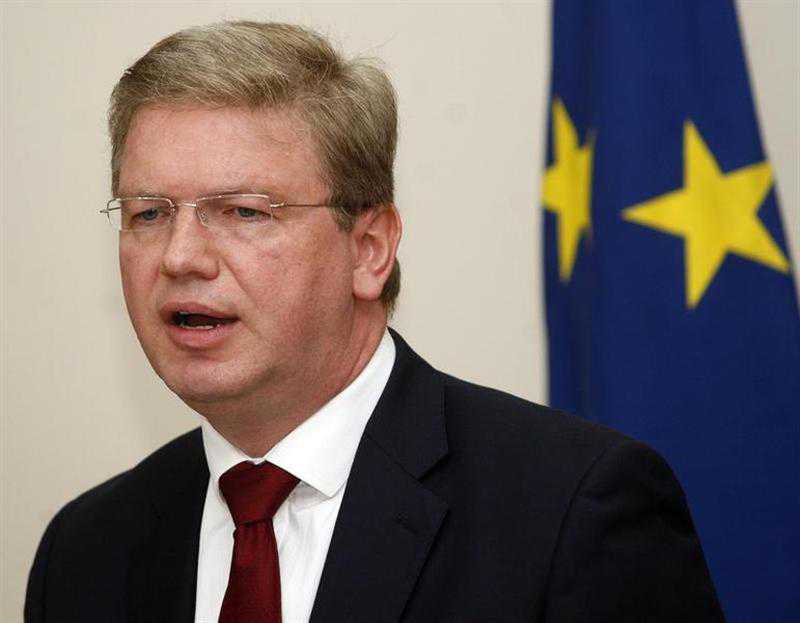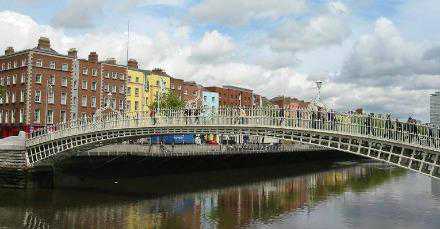The Greek population of Istanbul, which was rather forced to leave Turkey because of the sociopolitical situation, is now asking for its citizenship rights΄ restoration, daily Sunday΄s Zaman reported. Greeks in Istanbul, known as Rums (Turkey΄s Greeks), are finally given the chance to actually voice their demands thanks to recent improvements relating the minorities΄ rights.
Talks have been carried out with government officials through the Istanbul Rums Universal Federation, established in 2005. The federation, after sending a letter to Prime Minister Recep Tayyip Erdogan addressing their problems and demands, also sent a written statement to the Foreign Ministry and the Ministry of EU Affairs in September, 2012.
The federation΄s head, Nikolaos Uzunoglu, presented a number of suggestions, among which were granting quick Turkish citizenship to people who would like to return, giving them orientation classes in order to help them open up small businesses and learn Turkish.
In the beginning of March, Deputy Prime Minister Bulent Arinc highlighted to his government members the importance of improving the lives of minorities in Turkey by expanding their rights, while calling minorities to return to Turkey.
According to Sunday΄s Zaman΄s, Uzunoglu also underlined that it is highly important for young Greeks to return to Turkey in order to keep their culture alive.
via Istanbul΄s Greeks want citizenship back- Capital.gr.






